Why flexibility is your hiring superpower
The pandemic has caused a major shift in workers' attitudes and expectations. Improved work-life balance and greater choice of when and where work is conducted is now the most important factor for many job seekers when considering a move to a new organisation. We’re flooded with articles and statistics about the tight employment market; however, some employers are still not getting the hint that adding flexibility to their employment offering equals big hiring power.
Employers that are resistant to including flexibility in their workplace are missing out on a huge pool of talent that deem their job opportunities unsuitable and may even risk losing existing team members to competitors that do.
When struggling to attract quality candidates, employers should think about how they can add more flexible work arrangements to their workplace structure, where possible. Those that do so are in an excellent position to leverage this attitudinal shift, attract more quality candidates and inspire their existing team.
Here are some of the ways employers can set up flexible work arrangements in their workplace.
- Work from home
Location flexibility, hybrid work or work from home means that employees can work from a location different to the main work site. This could be at home, a café, a coworking space or any other offsite location, empowering the employee to decide where they will work most effectively. This could be offered as a mixture of in-office and work-from-home hours such as 1 or 2 days a week at home and the rest on site. For those jobs that can’t be done offsite and require face-to-face` contact such as receptionists and customer-facing roles, flexible start/finish times could be offered instead. - Flexible start and finish times
Flexible work hours can make a huge difference to employees with minimal interruption to workplace dynamics. For example, starting at 9.15 am could be a big help to someone doing school drop-offs or navigating a long commute. - Condensed hours
Allows employees to work a standard work week over a period of less than 5 days in one week or 10 days in two weeks. Or one week of longer hours and one week of shorter hours. For example, a full-time employee might choose to work 8 am – 6 pm over 4 days instead of 9-5 pm over 5 days. - Part-time
Offering part-time doesn’t have to be a huge difference in hours to a full-time role. There are many ways to structure a part-time job offering, such as offering school hours equating to 27.5 - 30 hours a week. Demand for part-time jobs has increased there are many job seekers who simply won’t apply for a role unless it’s advertised as part-time or with the possibility for part-time. - Other flexible work arrangements could include the option to purchase extra paid leave, job sharing, the banking of/annualising hours and offering extra leave.
One of the reasons some employers are reluctant to offer greater flexibility is about measuring employee productivity. However, if a job can be done with the same or increased productivity under flexible working conditions, then when not offer it? There are many excellent tools businesses can use to monitor employee productivity such as Timely, Terramind and Hubstaff to name a few. Smart employers will already have productivity measures in place, regardless of their employment policies.
Businesses that are having trouble attracting quality talent may want to consider adjusting the flexibility of their employee offering. Small changes to the structure of a role could provide big returns in the quality and volume of candidates that apply.














